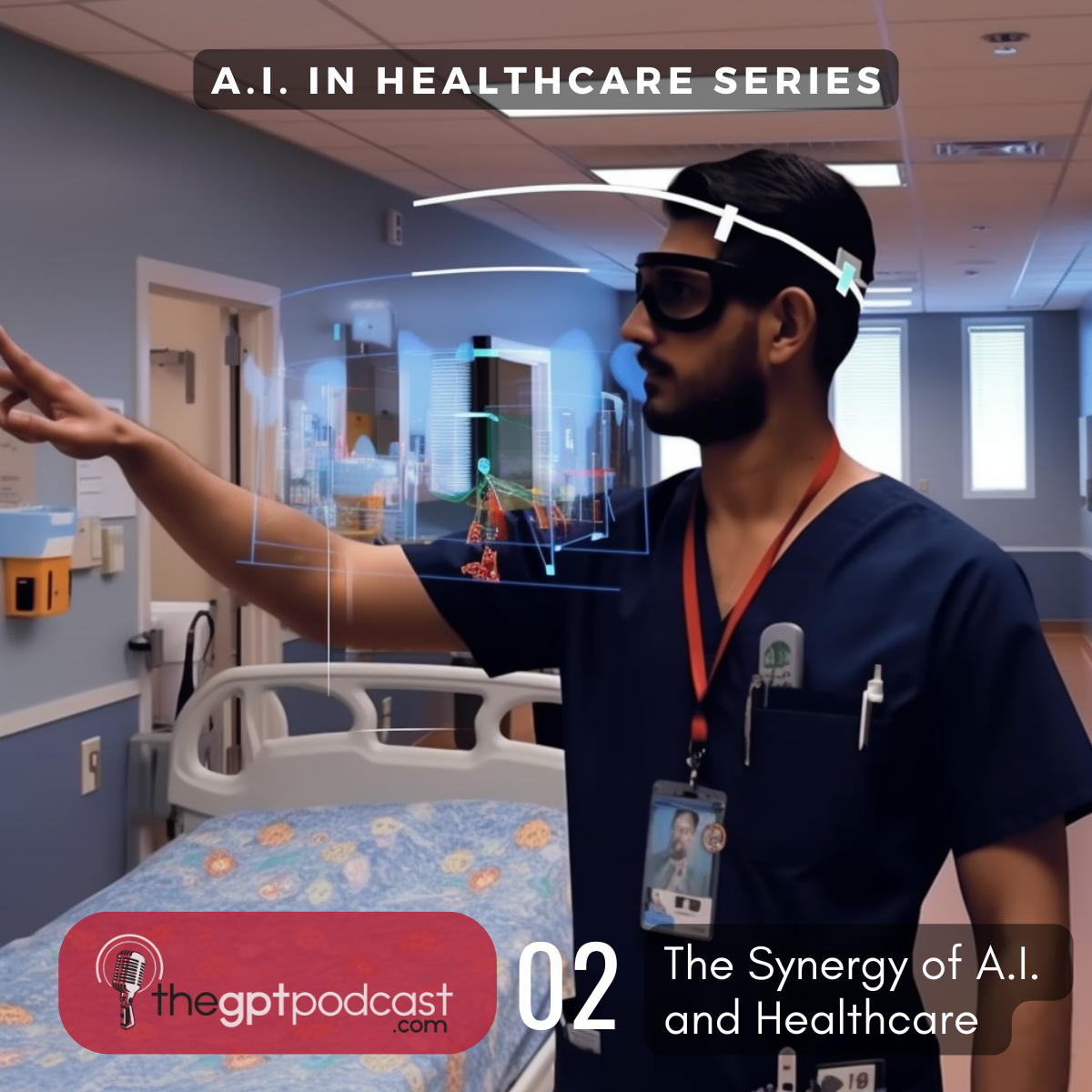Revolutionizing Healthcare: The Synergy of AI and Healthcare Professionals
🤖💉 Discover the synergy of AI and healthcare professionals in our latest podcast episode! Bing Copilot, BioGPT, and AI in PaLM are revolutionizing diagnosis, treatment, and management, improving patient care and outcomes 🏥👩⚕️

In the latest episode of the GPT Podcast, hosts Harvey and Brooks discuss the transformative impact of artificial intelligence (AI) on healthcare, specifically through tools like Bing Copilot, BioGPT, and the integration of AI in Pathology and Laboratory Medicine (PaLM). These AI-driven technologies have the potential to revolutionize disease diagnosis, treatment, and management, ultimately improving patient care and outcomes.
Bing Copilot, an AI-powered search engine, provides healthcare professionals with relevant, up-to-date information and insights. It streamlines daily tasks, such as documentation and appointment scheduling, allowing healthcare providers to focus on direct patient care. BioGPT, a future product in the ChatGPT series, is expected to revolutionize medical research and drug discovery by synthesizing vast amounts of biomedical data and research, thus accelerating breakthrough discoveries.
AI in PaLM can help healthcare professionals design more effective and targeted treatment plans by providing accurate and rapid diagnoses. It can also streamline lab data management, ensuring timely delivery of results to healthcare providers.
Despite the many benefits of AI in healthcare, it is important to acknowledge its limitations and take necessary precautions. Healthcare professionals must be aware of the hallucination effect, where AI models generate plausible but incorrect information. To mitigate this risk, they should cross-check the references and accuracy of the information provided by AI tools and not solely rely on them for making critical decisions.
By fostering interdisciplinary collaboration and embracing innovation, AI-driven tools can bridge the gap between different healthcare disciplines, leading to innovative solutions to complex medical challenges. As we enter this new era of collaboration between AI and healthcare professionals, it is crucial to remember that AI is not meant to replace human expertise but to augment it, ultimately leading to better patient care and improved outcomes.

